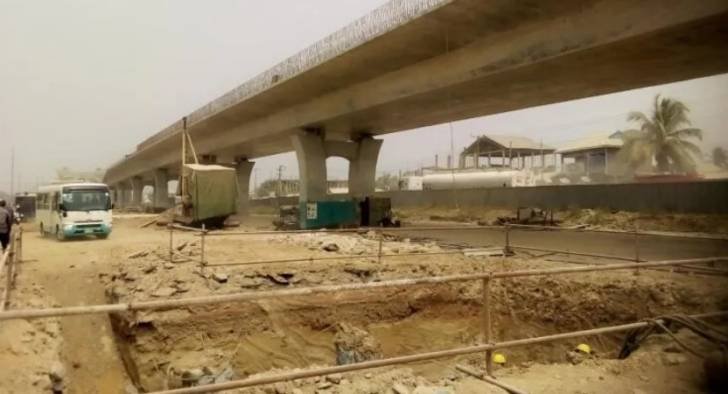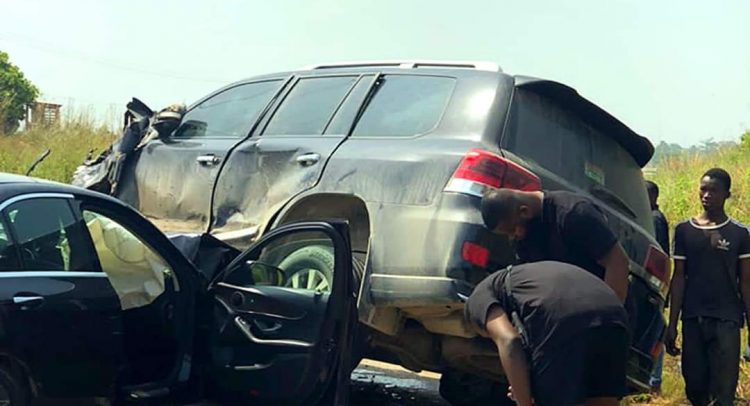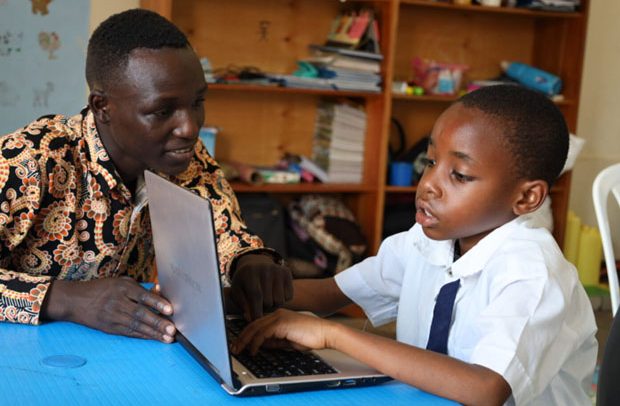
Road Traffic Accidents remain a threat to motorists and pedestrians the world over. The efficiency and convenience of commuting that comes with the availability of motorized vehicles carry with it a present and living danger, the risk of accident.
The World Health Organization estimates 1.35 million people die yearly from road accidents. 20 to 50 million people suffer from road accident injuries yearly with many of them leading to disabilities. Road Traffic crashes cost most countries about 3% of their GDP.
The National Road Safety Commission suggests Ghana loses over 200 million dollars annually to road crashes with 1,600 deaths yearly. 93% of all fatalities from road accidents in the world occur in low to middle income countries which together have 60% of the world’s vehicles. From January to March 2021 alone Ghana has recorded about 770 deaths from Road Traffic Accidents.
The above trends show quite clearly that something ought to be done, to reduce the rate of accidents on our roads and where such accidents do occur, for us to reduce the fatality, serious injury, permanent disability or complications that can arise. Much work needs to be done in the area of first response to accidents.
The bystander effect simply stands for a phenomenon in which the higher the number of people around accident victims, the less likely anybody will act timeously to save lives.Everybody feels somebody else will do something, leading to many precious minutes of talking, arguing and discussing of the way forward whilst the victims bleed and die, or people simply walk away because they feel there are many people who will help. At the end, in the midst of plenty, the victim thirsts.
The “criminal” angle which many accidents immediately take also makes people afraid of being good Samaritans. The involvement of the police, writing of statements, and in some cases the need to attend court sessions can make some helpers feel they are being harassed by the police for their goodwill.
A certain degree of know-how is needed to handle accident victims correctly in order to save life and prevent serious complications. Other countries have certified practical basic Cardio Pulmonary Resuscitation (CPR) as a compulsory study in school curriculum such that anybody with basic education knows how to perform chest compressions, clear accident victims’ airway, manage a choking person, place a collapsed person in the recovery position and even apply normal bandages correctly. These are lacking in Ghana, hence we may have enthusiastic onlookers who have no clue how to be truly helpful to accident victims.
The nature of our hospital systems also play a role. Many hospitals require even good Samaritans to register the victim or even pay a deposit for the services to be rendered, or they informally detain helpers until such time that a family member or somebody who can be responsible for the victim arrives.
How do we handle these?
The first few moments of accidents are crucial, it is known that where decisive action is taken speedily upon the occurrence of an accident many lives are saved. Some emergency protocols refer to the 1st hour within which an accident occurs as the “golden” hour, highlighting the importance of prompt action.
Carrying accident victims and throwing them at the back of a pick-up truck may do more harm than good. Watch out first to ensure victims are breathing, this does not require a medical degree, check to see nothing is blocking their mouth or nose, loosen tight clothing, do not pour water on a collapsed person. Use any clean linen available to bandage wounds to stop excessive bleeding, do not unnecessarily bend patient’s spine or neck in order not to worsen any spinal injuries. Move patient as soon as possible to the health centre.
The availability of ambulances come in handy to prevent fatalities from road traffic accidents. It is for that matter the government ought to necessarily continue to prioritize the acquisition and maintenance of functional life ambulances with trained personnel to quickly help convey accident victims.
The National Road Safety Commission, Ghana Police, National Ambulance, Red Cross Society, NADMO, National Poison Office, Ghana Health Service, National Fire Service and all bodies concerned with the emergency response must begin a consultative conversation on how we can ensure that good Samaritans who try to save life do not become victims of undue harassment, delays, indirect detention, court cases. We may also need to undertake an aggressive nationwide CPR training in schools, offices, market places, ‘trotro’ stations among others.
By James Mawuli Gawu
The writer is the Executive Director of Health Support Foundation
Tel: 0204112487
Email: [email protected]
The views expressed in this article are the author’s own and do not necessarily reflect The Chronicle’s stance.
The post When goodwill becomes fatal; a public guide to assisting road accident victims appeared first on The Chronicle Online.
Read Full Story













Facebook
Twitter
Pinterest
Instagram
Google+
YouTube
LinkedIn
RSS